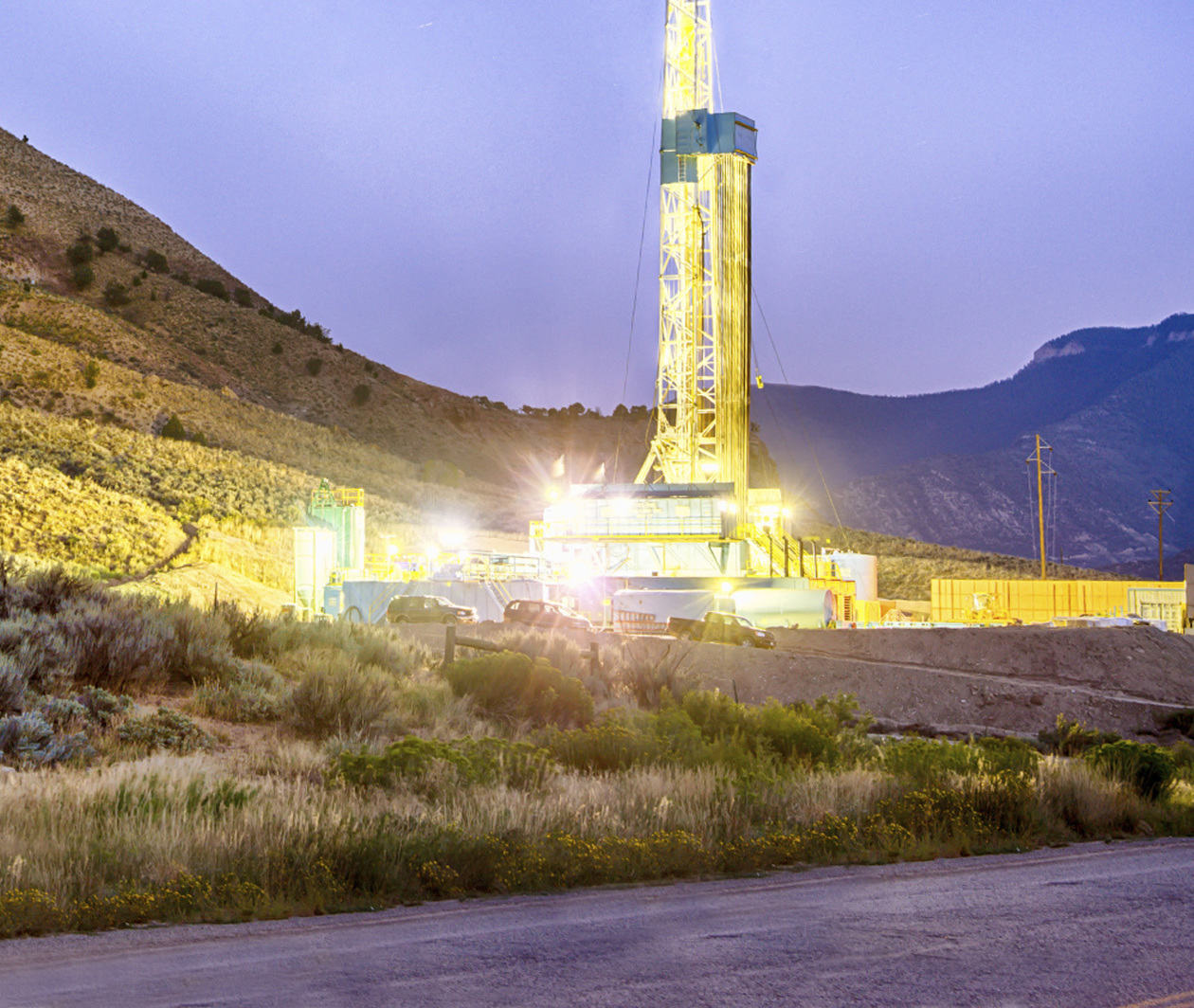
Duration
4 weeksWeekly study
3 hours
Shale Gas and Fracking: the Politics and Science
Other courses you might like
This course isn't running right now. We can email you when it starts again, or check out these other courses you might like.
Browse more in Nature & Environment and Politics & Society
Shale gas is seen by many as a cheap, clean and plentiful source of energy; a low-carbon ‘game changer’ helping us meet the world’s rapidly growing demands for energy and offering greater energy security. Its rapid rise has not been without controversy, however. Earth tremors, surface and groundwater contamination, and the effects of fracking on human and animal health are all high profile concerns.
During this four-week course, we’ll study the politics, economics, and science of shale gas. We’ll examine how shale gas was formed, and how we extract it through hydraulic fracturing, or ‘fracking’. We will look at the impact of shale gas on energy markets and energy security.
We then move on to the environmental politics of shale. What are the local effects in terms of water contamination, seismic activity, and air pollution? What are the global effects? Does shale gas offer a ‘bridge’ to a low-carbon future, or would we be walking the plank?
Finally we look at the question of what the public thinks, an area where the University of Nottingham has particular expertise, having run a public opinion survey on shale gas since 2012. Why are the US and UK experiences so different? What do the public think of allowing unconventional gas to be developed?
At the end of the course you will have improved you understanding of the costs and benefits of shale gas, and you will have made your contribution to the public debate on this important topic.
Keep up to date with announcements and discussions by following the course on Twitter @ShaleGas_MOOC. Or find out more in Wil Knight’s post for the FutureLearn blog: “Shale gas: understanding the politics and science.”
Learning on this course
On every step of the course you can meet other learners, share your ideas and join in with active discussions in the comments.
Who is the course for?
This course is designed for those with an interest in climate change, energy, politics, geology or science. No prior knowledge of fracking or shale gas is required.
Who will you learn with?
Sarah is a Professor of Geography and is currently the co-research lead on the UoN surveys of public perceptions of Shale Gas.
I am Professor of Political Theory at the University of Nottingham and a Co-Director of the Centre for the Study of Political Ideologies.
Learning on FutureLearn
Your learning, your rules
- Courses are split into weeks, activities, and steps to help you keep track of your learning
- Learn through a mix of bite-sized videos, long- and short-form articles, audio, and practical activities
- Stay motivated by using the Progress page to keep track of your step completion and assessment scores
Join a global classroom
- Experience the power of social learning, and get inspired by an international network of learners
- Share ideas with your peers and course educators on every step of the course
- Join the conversation by reading, @ing, liking, bookmarking, and replying to comments from others
Map your progress
- As you work through the course, use notifications and the Progress page to guide your learning
- Whenever you’re ready, mark each step as complete, you’re in control
Want to know more about learning on FutureLearn? Using FutureLearn
Do you know someone who'd love this course? Tell them about it...
You can use the hashtag #UoNShale to talk about this course on social media.
